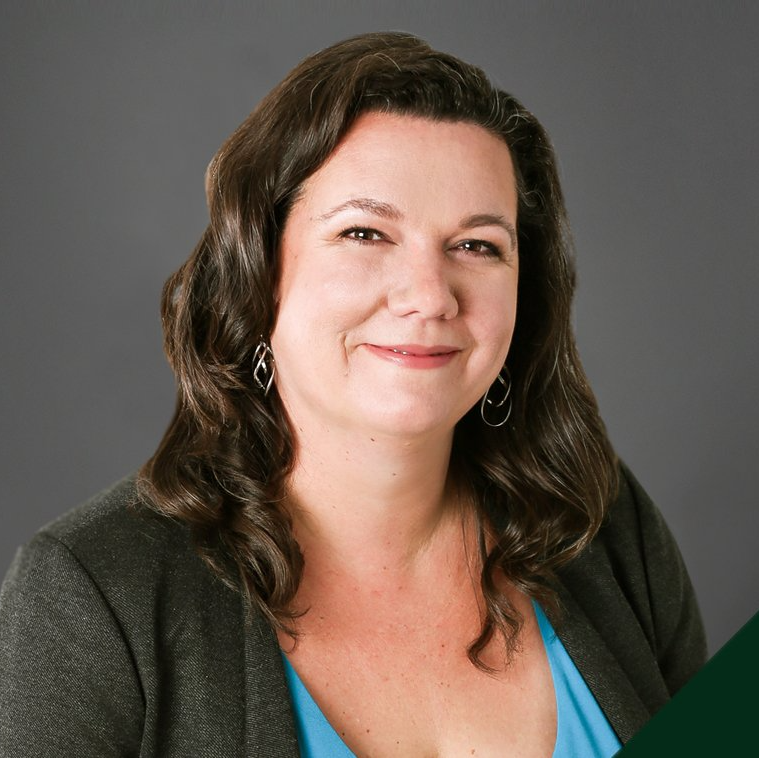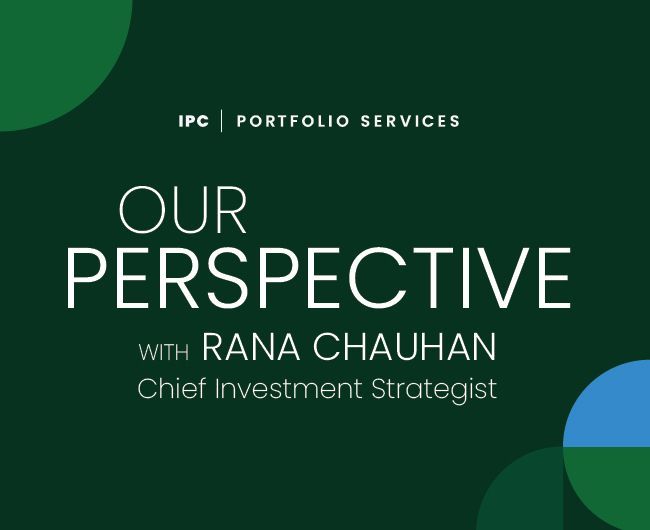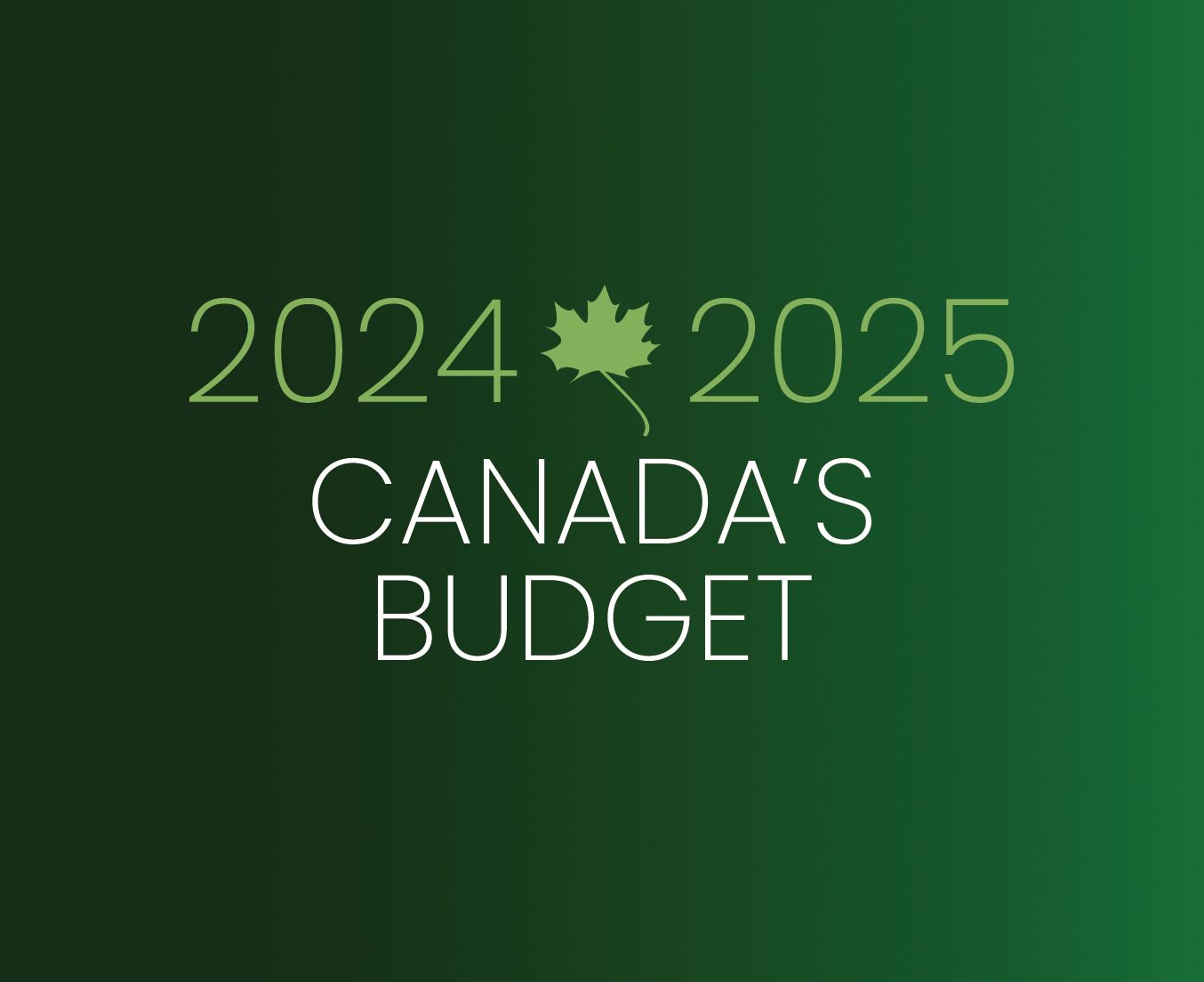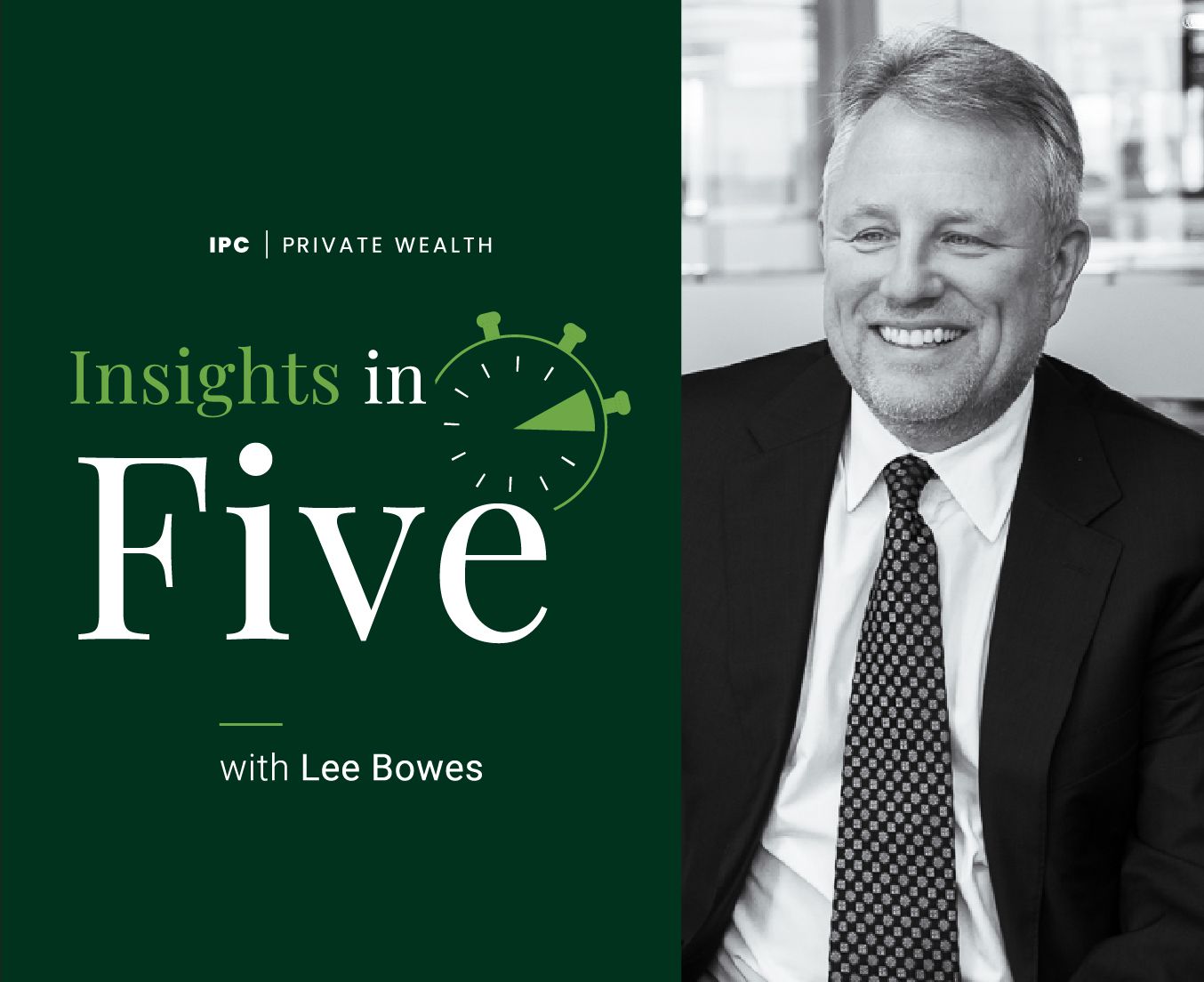Midori’s Perspective: “It is a balancing act to develop a plan when you face significant changes in a short time. Retirement income planning should start early. Regular dialogue with your advisor will allow you to adapt your plan to meet life’s transitions so you can live life on your terms. That’s what I aim to provide for my clients: confidence and choice."
In your working years, the idea of retirement might seem idyllic with the stress of saving for retirement behind you. In reality, the retirement phase of life can be filled with decisions that require careful attention. For example, deciding when and how to downsize from a principal residence can weigh heavily on a retiree with a fixed-income stream.
This was what Audrey James, age 85, faced when she went to her long-time IPC Advisor, Midori Hillis, in Victoria, B.C., with the decision to change her living arrangements.
Audrey’s Question:
Can she increase her living expenses and still leave a financial legacy? With Midori’s ongoing advice and planning strategies, Audrey was able to navigate this major life transition with confidence, securing her own future as well as her wealth-transfer plans.
The Goal: Downsize, But Meet Increased Living Costs
Widowed early, Audrey lived in a condo she’d bought many years before but discovered that managing a household on her own was starting to take its toll.
Since Audrey and Midori first started working together some 20 years ago, the plan had always included the option for Audrey to sell her primary home and downsize when she was ready. Now that the time had come, it opened the door to a whole new series of decisions Audrey had to make.
- Where would she move to?
- What could she afford for a new living arrangement?
- How would she make sure she wouldn’t run out of money?
- Could she still leave a financial legacy for her estate?
The Plan: Unlock Equity, Protect from Inflation, Use a Cash Wedge
With news that Audrey was ready for a new living arrangement, Midori knew it was time for the plan they’d worked on over the years to kick into action.
Audrey’s income was modest, mostly made up of Canada Pension Plan, Old Age Security, and a small private pension.
With the switch to assisted living, her spending needs would go up significantly. Luckily, her condo had risen in value over the past 40 years, becoming her most significant asset, apart from the savings in her Registered Retirement Income Fund (RRIF).
Once Audrey settled on an assisted living facility, Midori helped her find a local realtor who was able to estimate what Audrey would get from the sale of her condo.
Using the right mix of strategies, Audrey was able to ensure short-term market fluctuations would not erode her investments.
Based on Audrey’s estimated expenses, current income streams, and the proceeds from her condo sale, Midori ran projections and put together a detailed plan to provide the income that Audrey womuld need every year, for the next 15 years. The plan also included an option for Audrey to downsize further along the way should her expenses increase by moving into a smaller studio space from her current one bedroom apartment.
With Midori’s guidance, the plan ensures that Audrey’s intended financial legacy will be met by securing guarantees on part of her portfolio. It also protects her from the impact of inflation by including a conservative strategy to invest in assets that are expected to grow at or above the inflation rate.
These two goals are met by using segregated funds which ensure that 100% of Audrey’s deposits go into her estate (with a 100% death benefit guarantee) regardless of stock market fluctuations. On her death, her estate will receive the current market value of her investments or her total contributions less redemptions, whichever value is higher.
This strategy provides Audrey peace of mind that short-term stock market volatility will not erode the value of her investments for her estate.
Audrey’s near-term income requirements are secured by a strategy known as a cash wedge, which sets aside the next 18-24 months of her income needs in a high-interest savings account. By securing up to two years of Audrey’s income needs, Midori and Audrey can choose the best time to take more funds from the portfolio as needed.
Next Steps: Continuous Review and Dialogue
With Midori’s planning and advice, Audrey felt sure about her next step. Though these are significant changes, the plan allows Audrey to see her cash flow expectations and the value of her potential estate each year. Should Audrey need to increase her level of care or decrease the monthly cost of her living arrangements, Midori can help her make the necessary adjustments.
Audrey and Midori will continue to meet twice a year to review and update her plan, as they’ve done for two decades now.
Audrey’s Insight: “I couldn’t have made this significant change without Midori. I am all settled into my new apartment, and I have peace of mind that I can afford the additional costs that come along with being in a place like this – which means I can enjoy my time here.”

Connect with Midori for your retirement plan, or work with an IPC Advisor in your region.

Investment Planning Counsel








